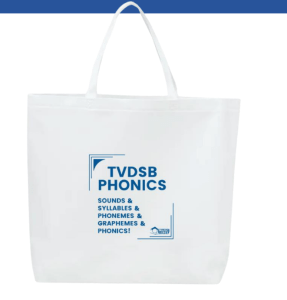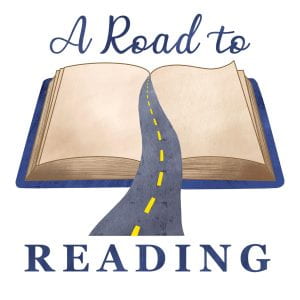Over the years, school boards have been accused of implementing too many initiatives simultaneously to the detriment of doing any of them well or with any lasting impact.
All of that changed this year, when Ministry funding was used to provide each school with various levels of staffing allocations for the role of Classroom Literacy Support Teachers. Each of these individuals were provided with intense training on Phonemic Awareness and Phonics (the first two building blocks in teaching students how to decode words) as well as diagnostic screeners. They came together each month to share their journeys in each of their schools and learn from each other.
In tandem with the implementation of this role was our Board’s dedication to providing professional learning to all grade 1,2 and 3 classroom teachers in Phonics instruction. Suddenly there was intentional alignment. Sound walls, blending, segmenting, digraphs, grapheme and much more became common language throughout each of our 16 primary classes. I watched in awe as our educators became excited about learning something new (based in research and on a topic that was near and dear to their hearts) and collectively implementing it with their students. Listening to educators articulate the steps that they need to take to support Early Literacy was monumental. There have been too many examples of educators coming and sharing student writing and connecting it to this work to highlight. They leave my office and I quietly give thanks for them and for this initiative.
In conjunction with targeted support for some learners and excellent classroom practice for all was our monthly Early Literacy Team meetings, wherein we tapped into the brilliance and depth of knowledge that our Speech and Language Pathologist brought to each conversation. We came together with data about students, narratives about how they were attacking those skills and questions about how to better support them. I loved each of those meetings as my knowledge base about how students learn to read grew and our dedication to each other and our students was evident. We collectively celebrated as those spreadsheets of red/yellow and some green transformed into row upon row of green. And if there was some remaining red/yellow, together we developed a plan, with confidence.
I can honestly say that I can name those few grade 1 and grade 2 learners that we continue to discuss, with conviction about what we have done and what’s next for them. We will be able to move forward with more cognitive testing, if required, earlier. As we now have so much data on these learners.
An unintended outcome of all this work has been the conversations that are now happening with our Junior/Intermediate educators. They see the passion of their primary colleagues and want in on the learning. Like all schools, we have students at the Junior/Intermediate level who will benefit greatly from some intentional word work ~ in conjunction with the other components of a well executed structured literacy program.
We are very thankful for the work of Kara van der Hoff and her teammates at Chippewa PS for leading the charge with this work. A number of our educators have attended their afterschool programs and come back excited. We have had them present to the rest of their division. Igniting that passion for learning can never be underestimated. I am a firm believer that all educators want to do what is best for their students ~ sometimes we just need to provide that roadmap and this initiative is not only a roadmap it’s a wonderful, exciting itinerary to the world of reading.
